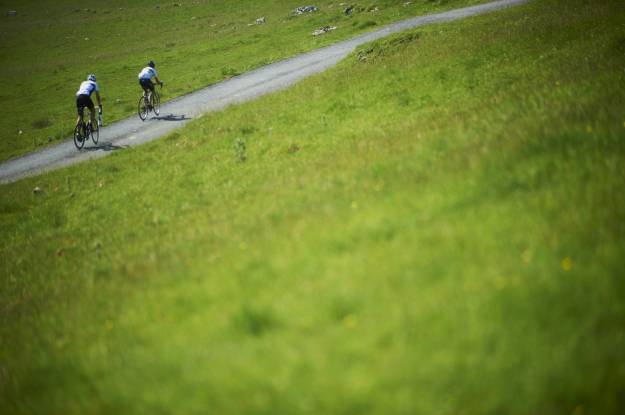This extensive study was the largest study undertaken at the time into recreational electric mountain bikes (e-MTBs), their users and their behaviours and aspirations for the future with the aim of creating user journeys, information and the trail infrastructure required to meet current and future needs across Great Britain.
It was undertaken by Edinburgh Napier University. The primary stakeholders included national governing bodies and forestry and land agencies across England, Scotland and Wales.
Over 1300 responses were gathered from riders (both current and curious), retail, manufacturers and land managers through a set of focus groups and a large online survey. The structure of the research needs and existing data was captured via an extensive literature review including details from some 34 relevant references, research and published articles.
Insight
British Cycling committed to maintaining a repository of the research including the report, insight data and the outcomes and proposed actions. Access the full report, insight slide deck and infographic below.
Findings
The core findings have been summarised and broken down into 7 themes, as described in the following videos. Thanks to Tracy Moseley (Trek Ambassador), Dan Cook (Forestry England), Fiona Murray (Forestry and Land Scotland) and Dave Liddy (Natural Resources Wales) for their contributions.
The following 3 videos shed a light on all things e-MTBing.
The following 2 videos are aimed at e-MTB riders.
The following 2 videos are aimed at land managers.
Proposed actions
The stakeholders are keen to ensure the report findings are actioned and work towards an inviting and fulfilling experience by all e-MTBers. Three main areas were identified covering access and inclusion, facility improvements and education. The full set of actions are identified in the report above, with each forestry and land agency prioritising these according to their specific contexts and needs.







